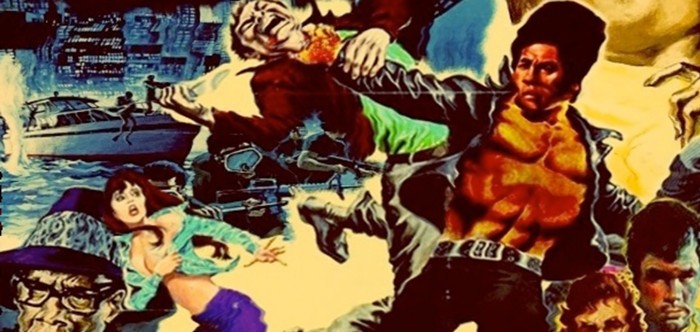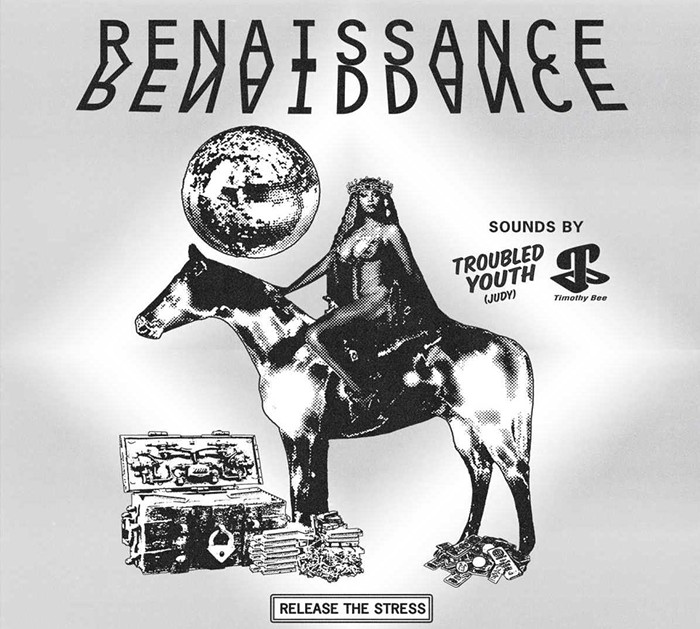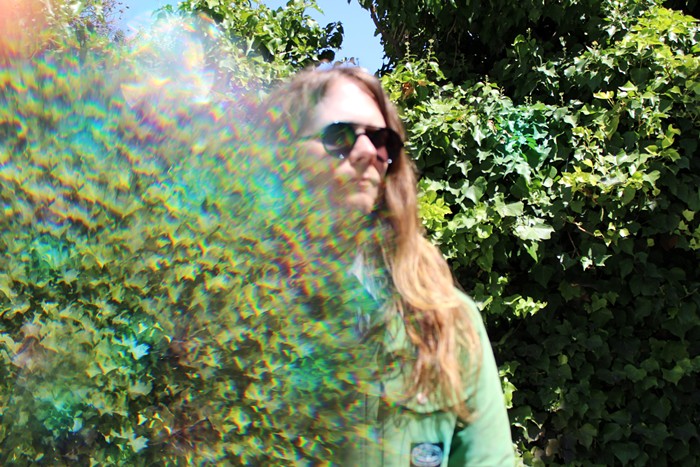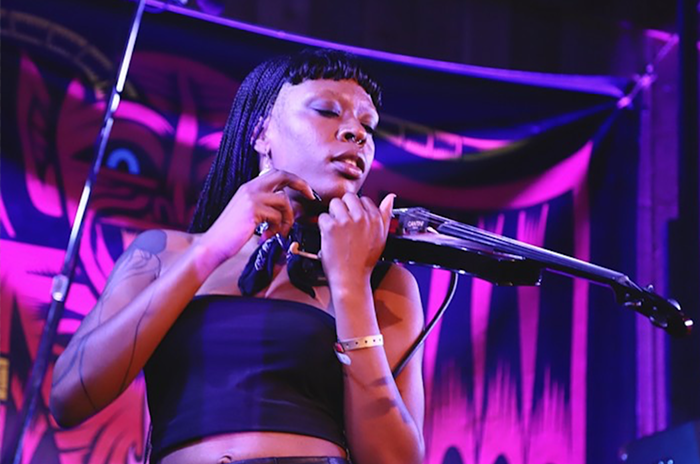Tell me if you've heard this one before: Rock 'n' roll can save your life. It's an escape—a way to break free from constraints, whether in your background, your upbringing, or whatever circumstances you might be stuck in. That sentiment has been expressed to the point of cliché, but in the case of Christopher Owens, the cliché is absolutely true.
Owens was raised in the Children of God, an insular Christian religious cult that came out of the free-love era of the 1960s. The cult has received criticism for all kinds of nefarious practices, including the brainwashing of its members, the alleged sexual abuse of children within the group, and "flirty fishing," wherein female members of the cult would prostitute themselves in order to convert their customers after having paid for sex. Owens' unconventional upbringing had him moving around a lot, but didn't leave much room for learning about music.
"I was probably about 13 when I finally moved into a house where there were other kids who were smart enough to record songs off the radio," says Owens. "We'd hide those tapes and pass them around and make copies of them—it was a very secretive kind of thing. It was really exciting to do that. We would actually sit around and learn how to play them, too, but it was all done behind the adults' backs.
"I spent from the time I was 13 to the time I was 16 basically in trouble," he continues. "There was all this focus put on making me not want to leave. I was already performing in public to raise money for the house—I would perform in public all the time and I was really good at it. But by the time I was 15, I just said, 'I'm leaving and there's nothing you can do about it.' They let me go out and play music to make some money I needed for the ticket. It took a long time, like, half a year or something. But during that time I would play all those songs that I learned. I went from playing religious music with the other kids to raise money for the house. And then finally, when I didn't have anything else to hide, I was playing secular music, of the little that I knew—I only knew probably 10 songs. But I would play those songs and that was pretty much when I started playing music."
Thanks to the money he raised by playing songs he'd secretly learned off the radio, Owens was able to escape the Children of God. He moved around the US—living in a punk house in Texas, trying to make it as a painter in New York—before settling in San Francisco. After a stint in the band Holy Shit alongside Ariel Pink and Matt Fishbeck, Owens found himself writing his own songs, and soon formed Girls with friend/bassist/producer Chet "J.R." White. While Owens and White remain the core duo, Girls' lineup has swelled from two to at times as many as eight, but Girls is currently touring as a four-piece, with new guitarist Ryan Lynch replacing John Anderson, who quit a few weeks ago.
Girls' debut, Album, is already one of the most talked-about records of the year, in no small part due to its twin highlights: opener "Lust for Life," a breathless, hazy pop nugget with a chiming guitar and an indelible melody; and the Roy Orbison-esque "Hellhole Ratrace," a languid, slowly crescendo-ing lament whose climax lives somewhere between the post-rock stratosphere and a lighter-in-the-air power ballad. Album is a remarkably unaffected pop record, full of sorrow and redemption and—when the situation calls for it—Spector-esque walls of sound. It sits squarely outside the current trend of detachment, unabashedly embracing moroseness, joy, and all the sentiments in between.
"My musical background is pretty basic," says Owens. "It's like love songs from movies, or religious music, which is just verse-chorus-verse-chorus. So when a song comes out of me, it's in that very basic structure. I don't mind it. I've always been a fan of country music and the oldies. I like simple songs that you can remember and find yourself singing later, as opposed to crazier stuff.
"I still have never listened to Sonic Youth. I still don't have any Beatles albums," he adds. "When you start listening to music at 16 years old, you're behind everybody. I'm still behind."



















